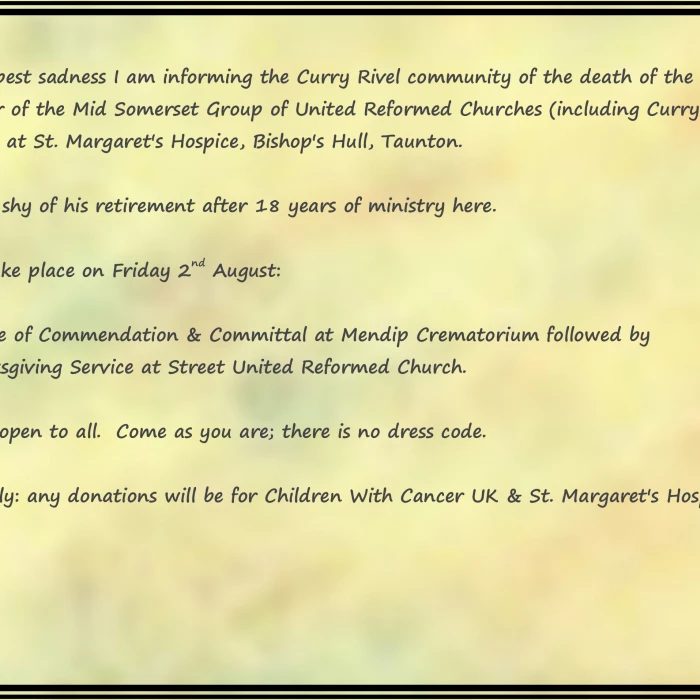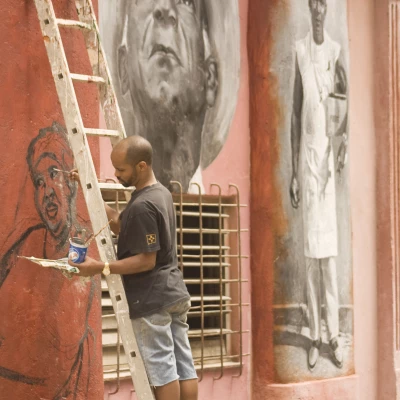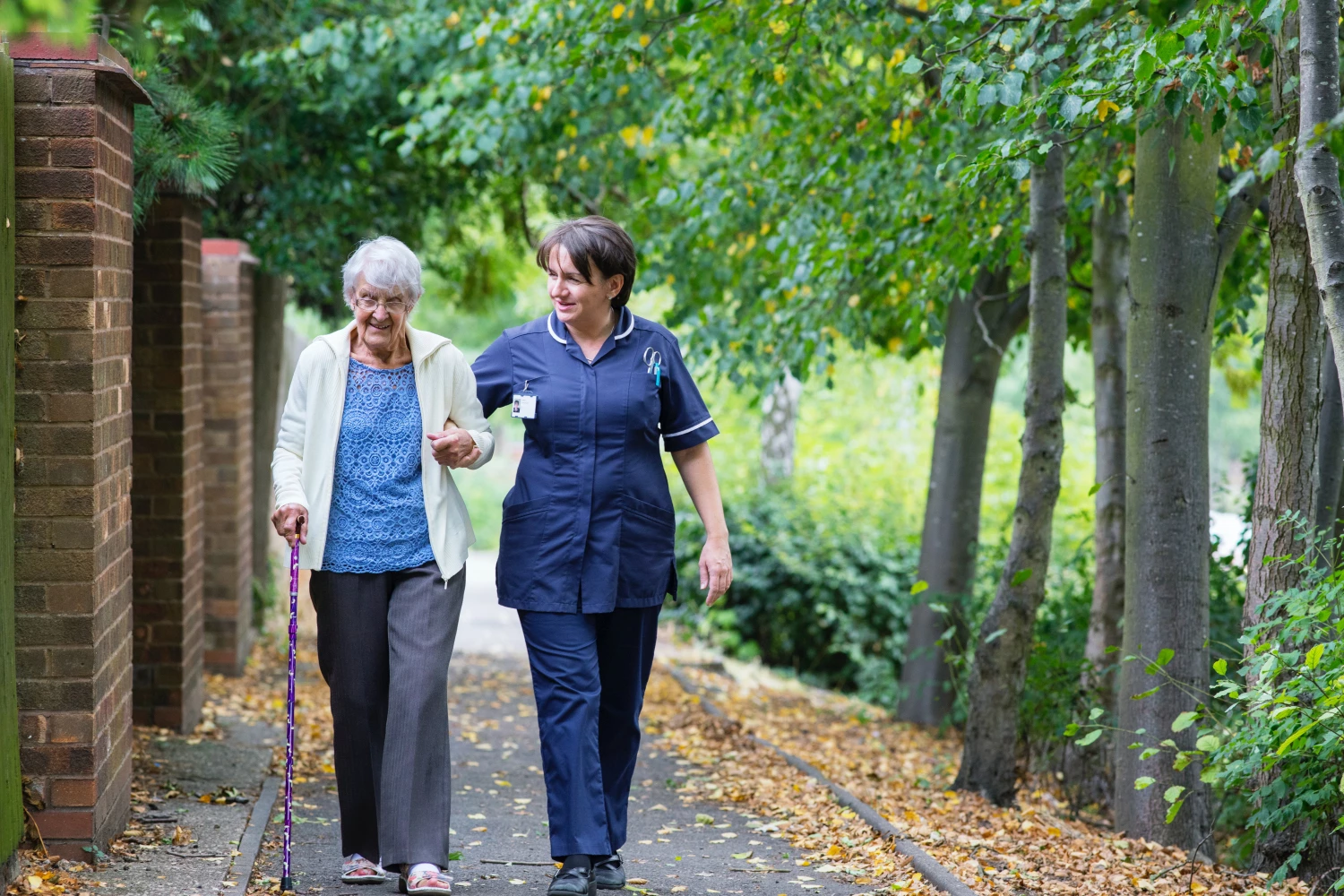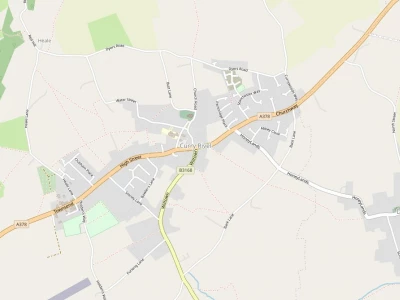NHS Somerset – A report from The Times Health Commission
.
You can read the report in The Times (with pictures!) here , or continue below, where I have shamelessly reproduced it for you.
It's a long read, but it is comforting to see that NHS Somerset has been singled out in the national press and recognised for its pioneering work in senior health care.
.
.
How NHS Somerset is revolutionising the way we care for our elderly
By Eleanor Haywood, Health Correspondent
The Times gets unprecedented access to system using GP call centres, ready-to-go wards and doctor-driven 'ambulances' to empower patients and take pressure off A&E
The elderly patients on Exmoor Ward are forbidden from spending their days in bed in a hospital gown. Every morning they must get themselves up and dressed in time for lunch. They are urged to make their own beds, fetch cups of tea and sort out their own medication.
The ward, at Musgrove Park Hospital in Taunton, is just one of the ways that the health service in Somerset is caring for one of the UK's oldest populations.
The rural county offers a glimpse into the future for the rest of the NHS. One in four of its 580,000 residents is over the age of 65. Nationally, this figure is less than one in five, but the number of over-65s is projected to increase by a third over the next 20 years. This poses an existential challenge for the NHS. An ageing population brings with it a tide of long-term illnesses such as dementia, diabetes and heart disease. Over-65s account for two thirds of hospital admissions.
The Times was granted unprecedented access over 48 hours to all aspects of Somerset's joined-up health and social care system. The county is pioneering a series of innovative schemes – aerobics classes for octogenarians or sending GPs to answer 999 calls – to help people see out old age happily and healthily in their own homes, not marooned in a hospital or care home away from loved ones.
Health leaders in Somerset recognise that many traditional models of healthcare are not fit for the future. Instead of demanding more from stretched employees or pouring money into hospitals, they believe solutions to the NHS crisis can be found in the village halls, park benches and farmers' markets at the heart of Somerset's communities. Patients are kept at home as long as possible, rather than "chucked" somewhere else. And if they do have to be admitted to hospital, it is designed as an experience which should "empower" them -- and where breakfast in bed should be seen as a treat.
The Future of GP Surgeries
In a modern office block overlooking the M5, headset-clad doctors are glued to their computer screens, dishing out advice to members of the public over the phone. Apart from the topics of conversation --strep A, dementia, diabetes – it is a scene usually associated with customer service helplines.
The site is part of a new "call centre approach" adopted by Taunton Vale GP surgery, which serves a population of 13,500 in a deprived, rural area of Somerset. The row of 12 desks is staffed by a mixture of GPs, nurses and one paramedic, carrying out phone appointments from 8am to 8pm every day. The model is far removed from the traditional image of what a family doctor's surgery should look like, but it is also extremely effective. Taunton Vale is one of the only GP surgeries in the country to guarantee all patients a same-day appointment. Everyone has an initial phone appointment, with only those who need it seen in person.
"For every 20 people I speak to on the phone, I probably bring in one face to face," Dr Tim Norbury, lead partner at the practice, says. "The old-fashioned system of GPs in individual rooms seeing patients . . . is not sustainable. We cannot meet healthcare demands if that is what we keep offering people."
GPs at the practice split their time between the call centre, which opened in October 2021, and consulting rooms at the main surgery a mile away. On a typical day the surgery gets 250 calls from patients. These are answered and triaged by a team of ten "patient service advisers" (the practice has not called them receptionists since 2015), who flag any emergencies, decide the most appropriate staff member for the patient, and input key details into an IT system. Staff then pick up the cases and call patients back for a thorough consultation.
"Yesterday we got 266 calls. Using the old-fashioned system of giving everyone a face-to-face appointment, that daily demand would have filled a whole week's worth," says Norbury. "That's why waits at other GP practices are sometimes three or four weeks. We never say no to anyone. Everyone who contacts us today will have a consultation of some form today. It could be a text message back with advice, a telephone consultation or a face-to-face appointment if you know that's what they need. If someone rings up at 5.30pm, they will get a call back that evening."
This prompt same-day GP system can save lives. On the day The Times visited a 70-year-old female called the surgery at 9.19am in extreme stomach pain. The case was immediately flagged to a senior GP, who called her back at 9.24am, suspecting a possible incarcerated hernia – a medical emergency. By 10.05am she was in the GP surgery having a face-to-face consultation. By noon the woman was in a hospital ward preparing for surgery, without the need for an A&E trip. She was discharged two days later.
Taunton Vale's GP model makes use of a wide range of NHS staff; only about half the appointments at the surgery are with a GP. "The right place for patients is very rarely a doctor," Norbury says. Patients ringing up with knee pain will be sent straight to the practice's on-site physiotherapist while those with diabetes will go to specialist diabetes nurses. The GP practice also has an on-site pharmacy. Patients who call up with problems such as UTIs, medication queries, coughs and colds will be referred straight to the pharmacists, freeing up GPs' time.
This has helped the surgery manage a 74 per cent surge in demand for appointments in Somerset since the pandemic. Patient feedback is glowing, in sharp contrast to the national picture: an Office for National Statistics report this week revealed one in four adults is unable to get a GP appointment when they need one, amid record GP staffing shortages.
Having staff sitting around a shared desk in a call centre, rather than isolated in individual consulting rooms, encourages a collaborative and friendly working environment, helping with staff recruitment and retention. The call centre model "lends itself really nicely to remote and flexible working", Norbury adds. One of the GPs working the day The Times visited was doing a shift remotely from her home in Bristol 50 miles away.
Family doctors in Somerset are also playing a vital role in relieving A&E pressures through a pioneering "ambulance doctor car" service, run in partnership with South Western Ambulance Service, which means some 999 calls are picked up by GPs in a car. It is particularly useful for elderly patients who have called 999 with problems such as urine infections and need antibiotics, as paramedics are unable to prescribe medication. This means 85 per cent of patients visited by the Somerset ambulance doctor get treated at home, without the need for a trip to hospital in the back of an ambulance.
On the Hospital Wards
Peter May, 86, is one of 28 patients on Exmoor Ward, the new "ready-to-go unit" at Musgrove Park Hospital in Taunton. The ward was set up in December with the aim of helping patients regain their strength and independence as they wait to be discharged.
May has been in hospital for 34 days after a fall, but has managed to walk unaided for the first time in more than a month and is now sitting up straight on a chair drinking a cup of tea. Thanks to the unit's dedicated focus on preparing patients for normal life, he will soon be discharged back to his own house rather than a residential bed.
"Hospitals can disempower patients, they become institutionalised," Jo Jackson, a physiotherapist on the ready-to-go unit, says. "Boredom is probably your biggest immobiliser. People need a reason to get up, get dressed and be active. Once you're over 80, ten days in hospital causes ten years of ageing in your muscles."
The mixed-sex ward is designed to mimic normal life, with a communal dining area and group exercise classes three times a week. "We don't have bedpans on this ward -- no one is going to go home and have a bedpan, so let's not do that here. Breakfast in bed should be a treat, but in hospital that's just what happens to you," Jackson adds.
This focus on keeping patients active and independent pays off: more than half of patients who spend time on the ward go home with a less intensive package of social care support than was originally planned. Patients waiting to be discharged get stronger and are rehabilitated, rather than deteriorating as their muscles waste away.
Nearly 14,000 hospital beds in England are filled with people who are medically fit to leave, many waiting for a social care assessment or community care package. When The Times visits Musgrove Park, 100 of its 650 beds are occupied by patients medically fit for discharge.
The consequences of these delayed discharges are often felt in the hospital's A&E department, which struggles to admit patients due to a shortage of available beds. Dr James Gagg, an emergency care consultant at Musgrove Park, says the period between Christmas and new year was the worst since his career began in 2004. "It wasn't uncommon to have between 80 to 90 patients in the emergency department at times. If we go back five years, a busy day would have been 30 to 40," he says.
Adapting to an elderly population with multiple chronic conditions will require a "mindset shift" on the role of hospitals within the wider NHS system, Gagg says. Hospitals should not be seen as "places to reside", but as specialist facilities for complex treatment, tests and same-day emergency care.
"Patients don't want to be in hospital," he says. "No one wants to be here if they could be at home. We keep that at the core of what we're doing
"Historically it's been all too easy for patients to languish in beds and end up in residential and nursing care. We have to use that time in hospitals to proactively build up their strength."
Expanding "virtual wards" is central to NHS plans to free up hospital beds. This week, Rishi Sunak hailed them as transformational as he announced more than half a million patients a year will be treated remotely at home.
Musgrove Park has 30 patients with respiratory conditions or frailty on its "hospital at home" service and plans to expand this to 300 in the next 12 months. Patients are sent home with equipment such as blood pressure devices and monitored remotely using a combination of technology and home visits.
Dr Charles Davis, who leads the service, said: "Hospitals need to be preserved for the people that need all the bells and whistles. A lot of patients can get the same treatment at home, but avoid the harms of hospital. The longer we keep people in a hospital bed, they become less mobile, weaker and lose confidence. Then they are more at risk of falls or getting readmitted."
Care in your own home
When Arthur Morgan went into a care home briefly last year, his wife of 40 years, Patsy, struggled to cope. "It was dreadful, I missed him like mad," she says. Now Morgan, 86, is back in his living room armchair, watching the cricket in the company of his wife and ginger tabby cat, Betty.
Morgan has Parkinson's disease, is recovering from a stroke and cannot stand or walk unaided. But instead of being cleaved apart from his wife and neighbours and put into a care home bed, he is able to spend his old age happily at home thanks to a team of carers, who visit him in pairs four times a day. As they wash him and help him out of his armchair using a hoist, Morgan chats away and shares stories of his life, including fighting in Malaysia with the British Army.
One of his carers, Gabby Lettley-Miller, 27, said: "People have preconceived ideas about carers, that we are just fetching tea or wiping them clean, but it's much more than that. You help people stay at home right until the end of their lives and become like family. These people have run our society for many, many years, you learn so much from them. They're all good fun, we have a real laugh."
Home visits are the front line of social care provision in the UK, used by 950,000 people – twice the population living in care homes – but squeezed local authority funding and staffing shortages mean more than half a million are stuck on waiting lists to get help. Most are elderly and frail, at risk of ending up in A&E if they do not get the daily support they need.
The record vacancies of 165,000 staff in social care are largely due to low pay – carers earn £9.50 an hour on average --and job insecurity, with most staff on zero-hours contracts. To solve this crisis Bluebird Care, a company that looks after about 200 people in Somerset, took the decision to offer all staff permanent, full-time contracts and fixed rotas. In October 2021 they introduced a starting salary of £23,000 for home carers, rising with experience. The model has dramatically improved their retention rate, allowing employees such as Lettley-Miller to secure a mortgage that would previously have been impossible.
Mark Oswald, director of Bluebird Care, said: "What the £23,000 has allowed us to do is stay marginally ahead of other industries we were competing with, like Tesco and Costa. We need to keep that cushion so people feel valued."
The fundamental issue of low pay, however, cannot be fixed without more funding for local authorities' social care budgets. About half of Bluebird Care's patients are council-funded, but the company receives £11.35 for a typical half-an-hour visit, compared with £19 from self-funding patients.
Communities rallying around
"We have no right to move people from their own homes and chuck them somewhere else," says Mel Lock, Somerset's director of adult social care. "How would you like it if you were whipped into hospital then moved into care and never got home again? You could never pack your bags or say goodbye to your house. Hospitals are there to mend people. People already have a bed – their own bed in their own homes. Let's get them back there."
To achieve this aim of keeping people independent at home then families, neighbours and communities will have to step up and do more to "look after their own", Lock says.
Somerset's ageing population creates a dual problem: more people than ever need social care, but there is a shrinking pool of working-age adults able to provide it. "Somerset doesn't have a university. We have a population where people leave at 18 to 19 years old, then don't come back until they're about 45," says Lock, speaking in Somerset's County Hall. The county has a shortage of 1,500 social care staff, leaving some patients marooned in hospital beds.
Under a long-term strategy to tackle this, NHS Somerset is trying to train up more locals. The county was recently awarded £20 million from Michael Gove, the levelling-up secretary, to create a health and social care training centre at a former community hospital in Bridgwater.
Friends and neighbours will also have to look after each other as healthcare staff become more thinly stretched. Somerset's approach of connecting patients with community support and voluntary organisations is being studied and replicated around the world. Instead of being prescribed medication, patients visiting their GP may be sent to a local walking group or invited to join a choir. A neighbour may be asked to pop round and walk their dog, do some gardening or help them fix their wi-fi. Research shows this "Frome model", named after the Somerset market town where it was pioneered in 2013, drastically cuts A&E attendances.
NHS Somerset also has a strong focus on prevention, reaching out to people in communities before they hit crisis point. It runs a network of "talking benches", where a member of GP staff will sit on a bench, come rain or shine, to chat to any passers-by who are feeling lonely or wanting health support. Mental health nurses are also sent to farmers' markets in isolated rural areas, while council binmen are put on alert for signs that all is not well, such as people struggling to take the bins out.
"These are the things that keep people healthy and at home. People in communities are the experts in their own communities, it's about giving them what they tell you they need," says Lock.
Food for thought ladies and gents.
If this is a career for you, it's easy to type "carer vacancies somerset" into your search engine and rest assured something will pop up. Typing in "home care jobs curry rivel" also brings up local vacancies.
You could look at https://www.somersetft.nhs.uk/recruitment/
There are vacancies posted at https://www.somerset.gov.uk/jobs-and-careers/job-search/view-jobs/
Get In Touch
CurryRivelOnline is powered by our active community.
Please send us your news and views.
Email: editor@curryrivel.org.uk






